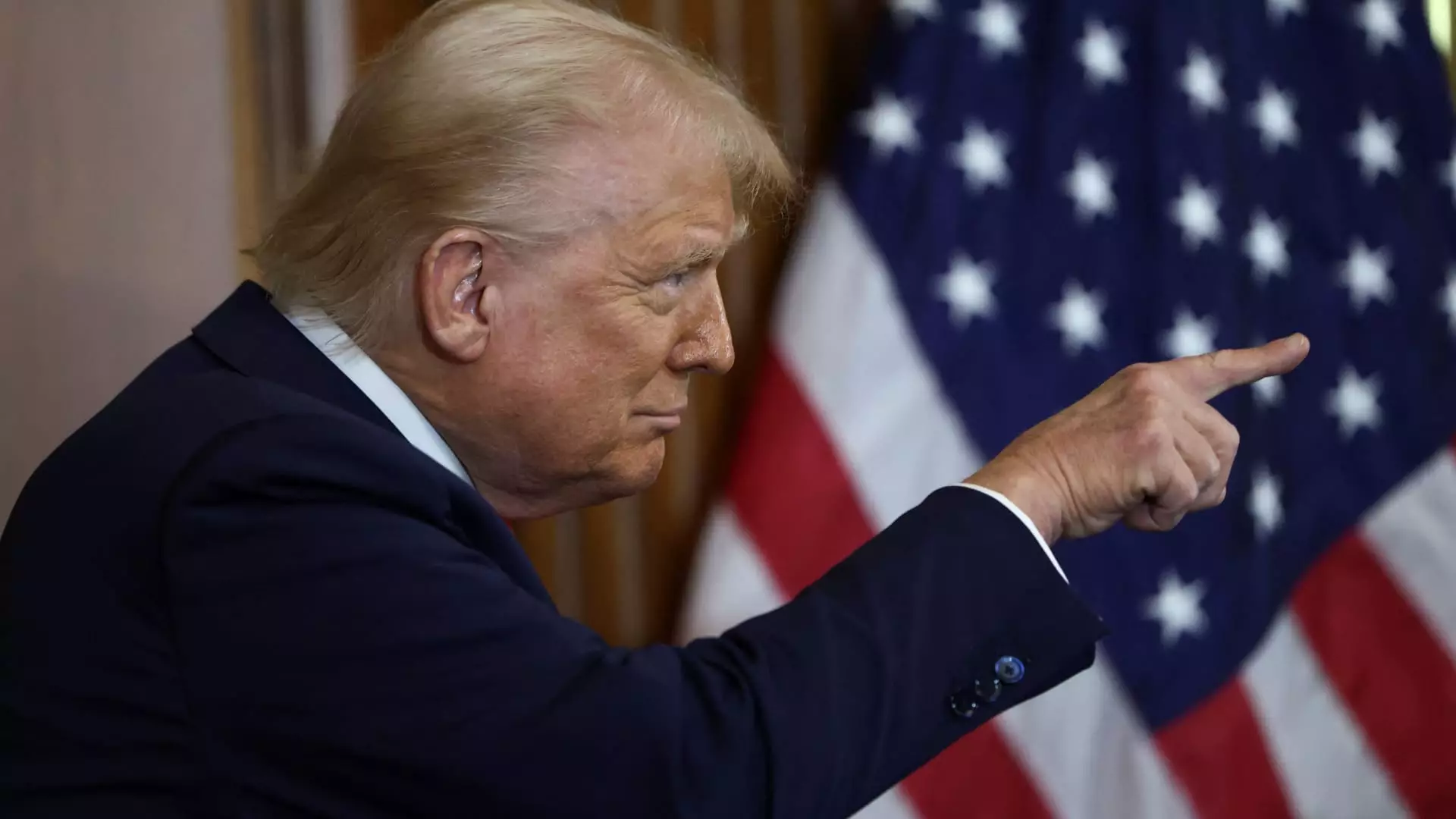America stands at a crossroads, grappling with wealth inequality that has been exacerbated by a series of tax cuts aimed predominantly at the wealthy. The proposed tax hike on the highest earners, pushed by Donald Trump, serves as a reflection of a burgeoning realization among many that inequity is not just a social problem; it is an economic one. The Donald, despite his previous policies favoring tax breaks for the rich, is now suggesting a return to a top tax rate of 39.6% for individuals making $2.5 million or more. Is this a signal that the Republican party is finally realizing that an unchecked flow of wealth to the affluent can destabilize the economy?
Progressive thinkers and center-wing liberals like myself recognize the crux of the matter: without intervention, the chasm between the rich and the poor will only deepen. Trump’s flirtation with higher taxes on the wealthiest Americans could be seen as a revolutionary, albeit reluctant, step towards addressing this systemic issue.
Political Theatre: Republicans in Dissent
What’s remarkable about Trump’s proposal is the sheer lack of enthusiasm among Republican lawmakers. Contrary to what one might expect from a party that has long resisted tax increases, there seems to be an unease surrounding this initiative. It brings forth a critical question: What does it mean for a party to suggest tax hikes that contradict their established principles? This internal dissent is not merely a political gamble; it reflects the party’s struggle to reconcile traditional conservative values with an evolving economic landscape.
Some in the Republican camp, like House Speaker Mike Johnson, are wary of Trump’s ideas. Yet Trump’s willingness to endorse an increase, even in the face of such opposition, reflects a significant shift in his political calculus. For Trump, embracing a tax increase could be a way to pivot his image, providing him an opportunity to engage with middle- and lower-income workers—voters he seems to have lost touch with in recent years.
Breaking Down the Numbers: A Need for Change
The facts are stark. The Tax Cuts and Jobs Act of 2017, which reduced the top income tax rate to 37%, was celebrated by Republicans, yet economic realities have not improved significantly for the average American. The proposed hike to 39.6% is not merely about contributing more to the federal coffers; it’s about reshaping the fiscal landscape to create a more equitable system. The current 37% rate enables an elite class to thrive while ordinary citizens continue to struggle with stagnant wages and rising costs of living.
Many critics argue that raising taxes on the rich is merely a band-aid solution, yet it’s essential to acknowledge that this is not just about revenue, but redistributing wealth to foster economic stability. An equitable tax system can better support Medicaid, infrastructure, and education—critical areas that sustain not only the economy but also societal well-being.
Public Sentiment: The People vs. The Politicians
Public opinion appears to lean towards favoring higher taxes on the rich to ensure better funding for essential services. However, the politicians often operate within an echo chamber, insulated from the voices of their constituents. Trump’s vocal support for a tax hike would require him to navigate a minefield of dissent within his party, but it may also resonate with a frustrated electorate yearning for a representative who advocates for their needs.
The divide between constituents and lawmakers has widened—not solely because of political affiliation, but due to a profound disconnect in addressing the actual issues Americans face. If Trump can find a way to bridge that gap, even if it means battling his own party, his proposal might lead to a new era of responsible governance focused on the long-term health of the economy and its people.
In a climate where economic disparity is at the forefront of political discourse, embracing policies that may seem radical could, in reality, serve as a common sense approach for a government that needs to prioritize the lion’s share of its citizens over a privileged few. As we continue to watch Trump’s evolving stance on taxation, one can only hope this will usher in a newfound willingness among Republicans to confront the uncomfortable truths about wealth in America.

